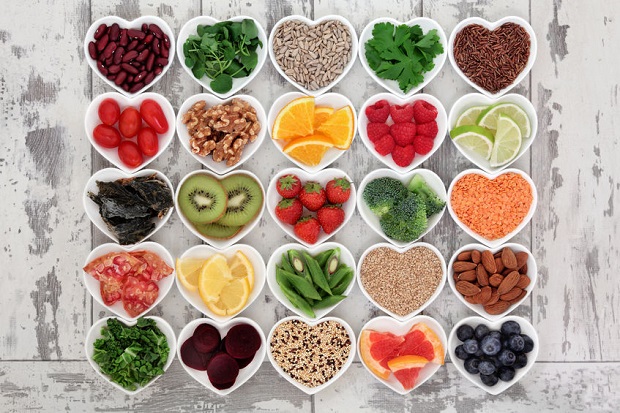
Are Antioxidants Vitamins
Some vitamins are antioxidants. Some are not. For example, Vitamin C and E are antioxidants and vitamins, but vitamin D is only considered a vitamin. There are thirteen essential vitamins; by contrast, there are thousands of antioxidants.
What is an Antioxidant?
The science behind this is quite complicated, but put simply, the universe is composed of tiny pieces called molecules. At this extremely small level, there are “free radicals,” which are unstable molecules that “grab” bits of electric charge from other molecules to become more stable. Free radicals damage your body’s cells and can contribute to the development of several deadly diseases. Antioxidants prevent or inhibit free radicals from doing this by giving up some of their own charge, thereby helping to protect your body’s cells, and inhibiting the development of many diseases.
What is a Vitamin?
A vitamin is something that a living thing requires (in limited amounts) to live. For humans, there are thirteen vitamins that are essential. These vital vitamins are vitamin A, vitamin C, vitamin D, vitamin E, vitamin K, and the group of B vitamins, which include thiamine, riboflavin, niacin, pantothenic acid, biotin, vitamin B6, vitamin B12, and folate. Of these, only vitamins C and E are antioxidants, although many of the others aid in forming or maintaining antioxidants. Vitamin A, for example, has many antioxidant properties but can be toxic if over-consumed.
Resources
- U.S National Library of Medicine – “Antioxidants: MedlinePlus.“
- eMedicine – Medscape – “Vitamin Toxicity.”





